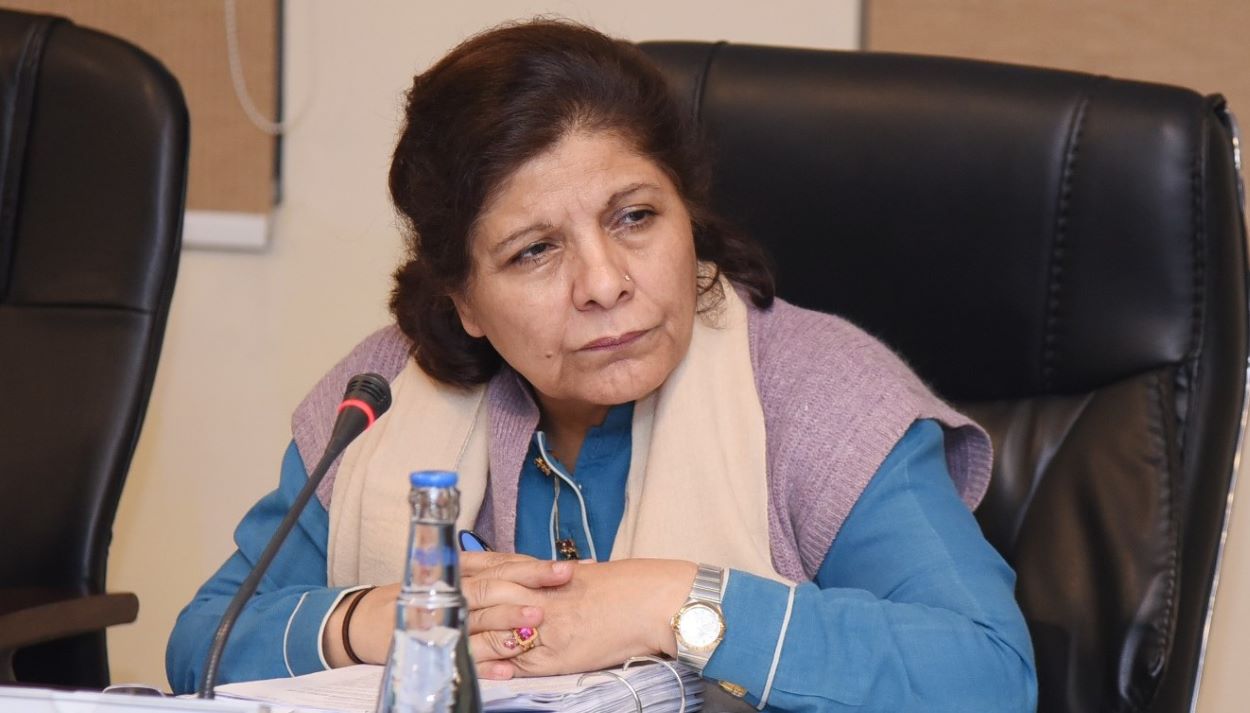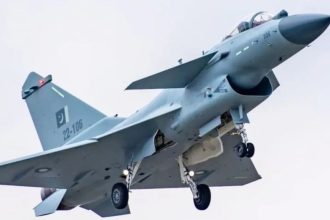Interim Finance Minister Dr. Shamshad Akhtar hinted that the caretaker government intends to increase electricity and gas tariffs in January. The decision is part of an effort to address the circular debt issue in Pakistan’s energy sector.
During a press conference, Dr. Akhtar explained that under the International Monetary Fund’s (IMF) Stand-By Arrangement (SBA), the government is committed to reducing energy sector costs and enhancing efficiency. She also highlighted the urgency of addressing the circular debt, which has exceeded 4% of the Gross Domestic Product (GDP). She mentioned ongoing efforts to adjust electricity and gas rates.
In her discussions with the IMF, Dr. Akhtar shared plans for tariff revisions in the energy sector and possibly imposing additional taxes on real estate and retail sectors. However, she clarified that these decisions are not final yet. Dr. Akhtar emphasized Pakistan’s need for a fresh short-term IMF program and a potential medium-term program under the Extended Fund Facility (EFF) post-SBA.
Optimism on External Financing and Future Economic Plans
Finance Secretary Imdad Bosal hoped that a successful IMF review would lead to loans from various multilateral lenders. He anticipated improved Pakistan’s ratings, potentially leading to increased foreign loan inflows. Dr. Akhtar also noted that the World Bank is expected to disburse $2 billion in loans this fiscal year. Furthermore, she mentioned an anticipated boost in foreign exchange reserves following the IMF’s approval of a $700 million tranche.
Addressing The Future Summit in Karachi, Dr. Akhtar discussed the caretaker government’s proactive measures to stabilize the economy and boost market confidence. She highlighted the $3 billion SBA program and the government’s focus on investment facilitation and restructuring state-owned enterprises (SOEs).
The government is working on activating the Centralised Monitoring Unit (CMU) for SOEs and finalizing a policy under the SOE law to improve governance and financial efficiency.







